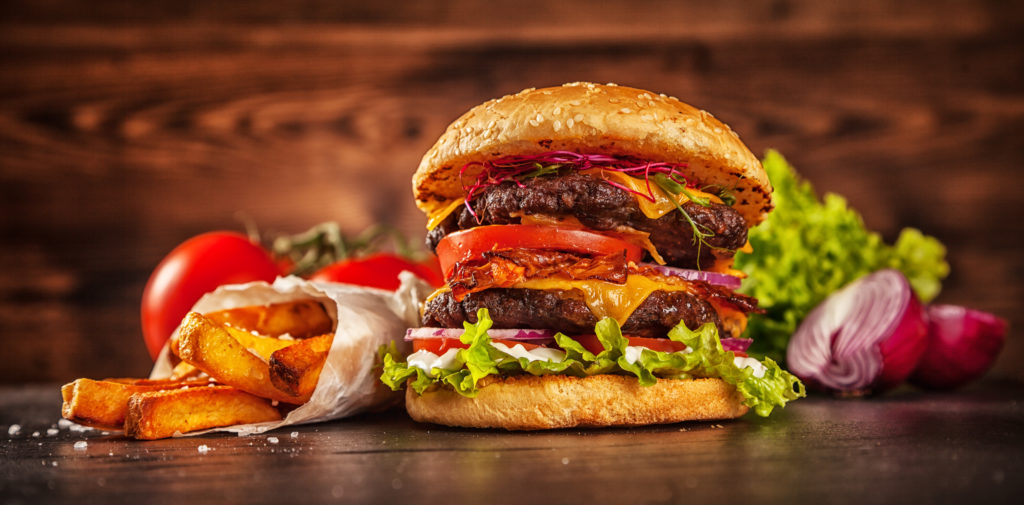We all run into a fast food joint when we don’t feel like preparing “real food.” Of course, the food you get from these fast food joint establishments is finger-licking good. Well, if you didn’t know these fast foods come with various adverse health effects that disrupt some of your body systems. Well, what does the phrase fast food mean?
What is Fast Food?
Fast food refers to the food that people tend to consume quickly either on or off-site.

Fast food is typically deficient in terms of nutrition. Based on recent studies, fast food contains several substances that are generally unhealthful to your body. The basis of all these studies is that fast food is typically highly processed food that contains high amounts of added sugar, unhealthy fats, and excess sodium. We all know the consequences of unhealthy fats and excess sugar to our bodies, right?
When you continue to eat fast foods, you will be exposing your body systems to a lot of problems. The following are some of how fast food disrupts your body systems.
Impact on the respiratory system
The excess calories from fast-food meals can lead to weight gain and in the long-run cause obesity. Furthermore, obesity increases the risk of getting respiratory problems such as asthma. Such problems occur because the extra pounds you gain put pressure on your lungs and heart. You’ll notice this when you experience difficulties in breathing especially when you’re exercising, climbing stairs, or even walking.
Impact on the reproductive system
Some of the substances found in fast food pose a threat to your fertility. Shocked? Yes, it is true, and there is proof to it. One study found out that processed foods or typically fast food contain a substance known as phthalates. The substance interrupts the normal functioning of hormones in your body as well as lead to reproductive issues like congenital disabilities.
Impact on the central nervous system
Consuming fast food satisfies your hunger in the short-term; however, in the long-term the results are negative. That effects on the central nervous system. Recent research showed that people eating fast food are likely to develop depression and other central nervous diseases.

Impacts on the skin, hair, and nails (integumentary system)
The food you take affects the appearance of your skin. However, most people do not suspect this. Fast foods contain high amounts of carbs, which is broken down to sugar. Excess amount of sugar leads to sugar spikes in the blood, which may trigger acne. Another effect common in children and adolescents is getting eczema – developing itchy skin.
Impact on the bones (skeletal system)
Excess sugar and carbs found in fast foods increase acids in the mouth. Excess acids in the mouth break down the tooth enamel. Moreover, the tooth enamel fading away increases the chances of bacteria on the tooth, which may then cause cavities to develop.
Obesity was one of the effects of fast foods which in turn led to difficulties in breathing. Well, that is not all as obesity can lead to complications with muscle mass and bone density. One of the complications is falling and breaking your bones.
Impact on the brain
The effect here is deterioration or decline in memory and cognitive function. Fast foods like bacon burgers and some fried foods are often loaded with saturated fats. High intake of saturated fats into your body impacts your memory and brain function negatively. This is primarily through impairing your memory speed, flexibility, and prospective memory.
Conclusion
It is pretty hard to pass by the drive-thru and not tempted to pull over and grab a bite of your bacon burger. Well, if you can continue and drive yourself to the market and buy some fresh vegetables and unprocessed white meat with a bottle of wine, please do so; as you’ll be evading getting any of the effects above on one of your body systems.